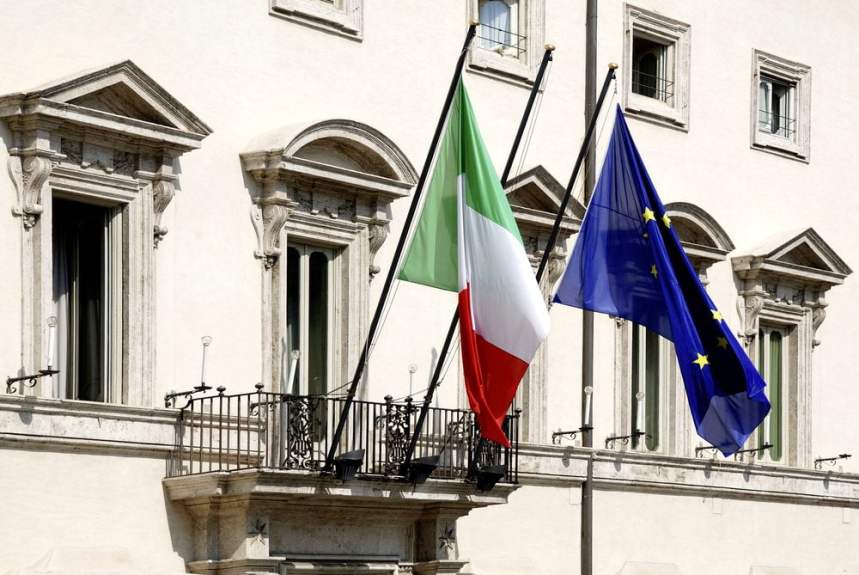Reason to trust

How Our News is Made
Strict editorial policy that focuses on accuracy, relevance, and impartiality
Ad discliamer
Morbi pretium leo et nisl aliquam mollis. Quisque arcu lorem, ultricies quis pellentesque nec, ullamcorper eu odio.
The banking system in Italy continues to wade through troubled waters. With no improvements in sight, the government of Italy is considering a bailout package for two major banks, Veneto Banca and Banca Popolare di Vicenza. The package worth 5 billion euros is still awaiting necessary regulatory approvals.
The weakening banking sector will be receiving the aid in the form of “precautionary recapitalization” as part of the Eurozone regulations. Apart from the presently earmarked 5 billion, the country’s institutions will be needing an additional 15 billion euros to attain some stability. According to reports, Monte Dei Paschi di Siena which has the distinction of being the world’s oldest lender alone needs about 8.8 billion euros to stay afloat.
As banks run out of liquidity, they are in dire need of taxpayers’ money to keep their doors open. At the same time, such a situation will adversely affect the economy due to loss of investor confidence, both domestic and international in the country’s financial system. In the worst-case scenario, the falling liquidity may also force the banking authorities to impose withdrawal and transaction limits, leading to situations similar to the one faced by the Greeks in the past year.
Making matters worse for the Eurozone, Greece is expected to default on its existing debts yet again. Amid arguments on whether to extend further financial support to the country or not, the International Monetary Fund has agreed that Greece is in need of further debt relief. However, the Eurozone lenders led by Germany and the IMF differ in opinion about the implementation of further reforms in the Greek economy. For a country, already under pressure due to austerity measures, any further cuts in spending in the name of reforms may hurt its citizens.
The Eurozone offers limited freedoms to its member countries when it comes to managing the financial systems, either regarding bailouts or fiscal consolidation.
In the end, it is the people who will be impacted by the hard financial decisions taken by concerned authorities. With no sign of improvements in sight at the moment, the Eurozone’s economic situation is expected to be driven further downwards by the conditions in Italy and Greece.
These developments are expected to drive the demand for alternative financial instruments that are not directly related to the conventional economic system. Gold and Bitcoin are two such assets that are going to receive special attention, driving demand further. It is expected to have a considerable impact on Bitcoin price in the coming days.
Ref: Financial Times | TOI | Reuters | Image: Shutterstock



























